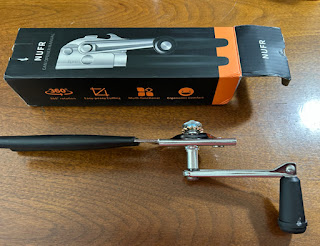To Earn and Not to Spend
The phrase “To knit, to spin, to sew, or mend. To scrub, to rub, to earn, and not to spend” comes from a poem published in The Evening Post during the eighteenth century.
It reflects the deeply ingrained gender roles of colonial America, where women’s responsibilities were primarily domestic and their labor was considered essential to the family’s survival and economic stability
Women’s Work as Economic Contribution
Though women were not usually wage earners like in today’s world, their domestic work such as spinning, sewing, cooking, preserving food, and managing the household were their contributions to the household earning money.
These types of tasks saved the family from having to purchase goods or services, which in turn made women’s work crucial to the household economy.
Thrift, Resourcefulness, and Self-Sufficiency
The phrase “to earn and not to spend” encompasses the colonial values of thrift, frugality, and self-sufficiency. With limited access to goods and services, families had to rely on their own labor and ingenuity. Women played a vital role in this system by minimizing waste and maximizing available resources.
Adages like “waste not, want not” reflected a widespread cultural expectation that all family members, especially women, would contribute to either earning or saving. This spirit of “making do” led many households to produce homespun cloth or homemade goods, out of necessity.
Shifting Values
In colonial society women’s roles were central to the family’s survival. Their work was not only physically demanding but also held moral and economic value. Over time, as the colonies developed and consumer goods became more accessible, the strict ideals of frugality and self-reliance began to give way to a more complex economy shaped by what we call consumerism today.
Still, the ethos captured in “to earn and not to spend” persisted as a foundational American value, which was rooted in the belief that hard work, resourcefulness, and disciplined household management were the keys to prosperity.
Thank you for dropping by my frugal blog, you are always welcome here.
We would love to hear all about your week in the comment section.
Belinda 🫶 💕 Homemaker at Heart 💕 My Linktree
~ She looketh well to the ways of her household ~Proverbs 31:27














